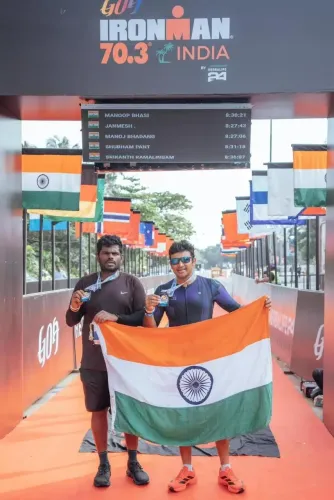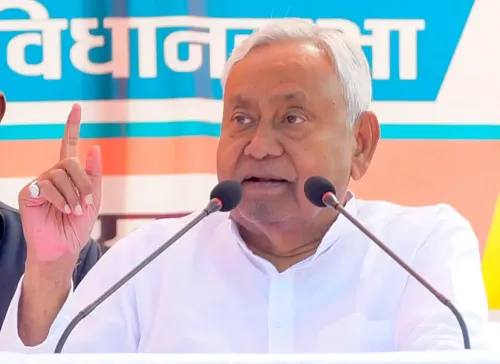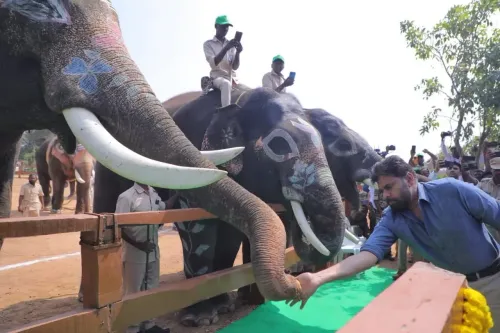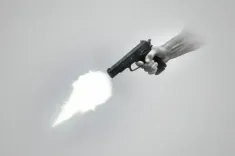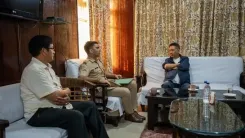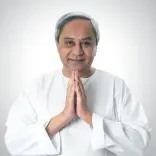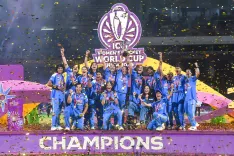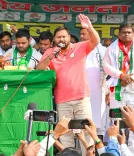Did PM Modi Praise Samajwadi Party MP for International Efforts?
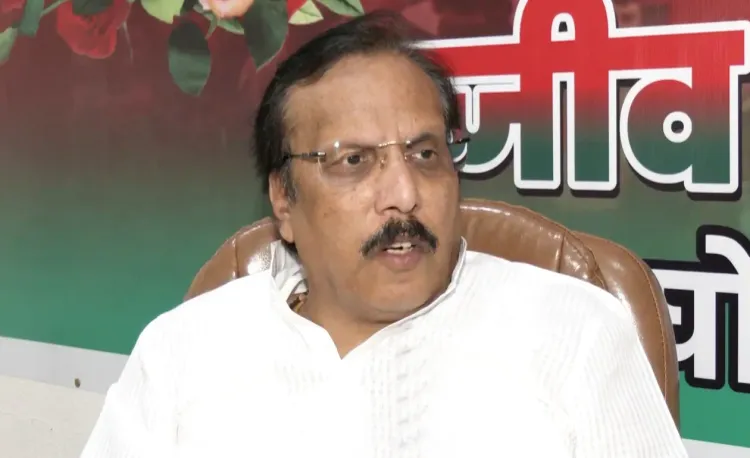
Synopsis
Key Takeaways
- PM Modi praised Rajeev Rai for his international efforts.
- The delegation visited multiple European countries.
- Rai emphasized the role of Pakistan in global terrorism.
- Feedback from MPs was deemed essential by Modi.
- Rai's approach was guided by the principle of national interest.
New Delhi, June 11 (NationPress) Samajwadi Party MP Rajeev Rai disclosed that Prime Minister Narendra Modi praised him for his work in representing India internationally and acknowledged his contributions during the meeting with members of the all-party delegations returning from the Operation Sindoor outreach.
On Tuesday, Modi convened with delegation members, including Shashi Tharoor and Ghulam Nabi Azad, at his residence in New Delhi. Rajeev Rai was part of the delegation led by DMK MP Kanimozhi Karunanidhi, which visited Russia, Slovenia, Greece, Latvia, and Spain.
In an interview with IANS, Rai, who represents Ghosi in Uttar Pradesh, stated: "It was our duty, and I’m grateful that the Prime Minister deemed it necessary to gather feedback from MPs who traveled abroad, even in an informal manner. I had prepared a report and brought it along. I felt that even if I didn’t get to speak during the meeting, I would at least convey my thoughts in writing."
"Upon handing him the letter, PM Modi remarked, ‘You performed admirably.’ I responded that I simply adhered to the teachings of Netaji (SP founder Mulayam Singh Yadav), and as our party President Akhilesh Yadav reminded me before departing, ‘National interest is paramount for the Samajwadi Party.’ This principle guided my actions throughout the mission. The Prime Minister acknowledged our full commitment to the task at hand."
Rai highlighted that the Indian delegations aimed to communicate to other nations the role of Pakistan in fostering terrorism, especially when Pakistan also dispatched its representatives to counter India's assertions and discuss matters like the Indus Waters Treaty.
"Our statements were rooted in facts and the wisdom imparted by our leaders. I believe no Pakistani leader could adequately counter our arguments," Rai remarked to IANS.
"Both nations gained independence in 1947. While India stands as the world’s largest democracy, Pakistan has become a center for terrorism. It has never maintained a stable civilian government. Leaders such as Benazir Bhutto, Nawaz Sharif, and Imran Khan have all struggled to hold onto power. Pakistan is the only nation where terrorism operates as an industry."
Rai pointed out that Pakistan is implicated in nearly every significant terrorist attack globally and harbors numerous designated terrorists.
"Even Osama bin Laden was located in Pakistan. How can the world overlook this?" he questioned.
"I included all these points in my letter and raised them whenever feasible during our discussions. I am convinced that many were persuaded by our position."

